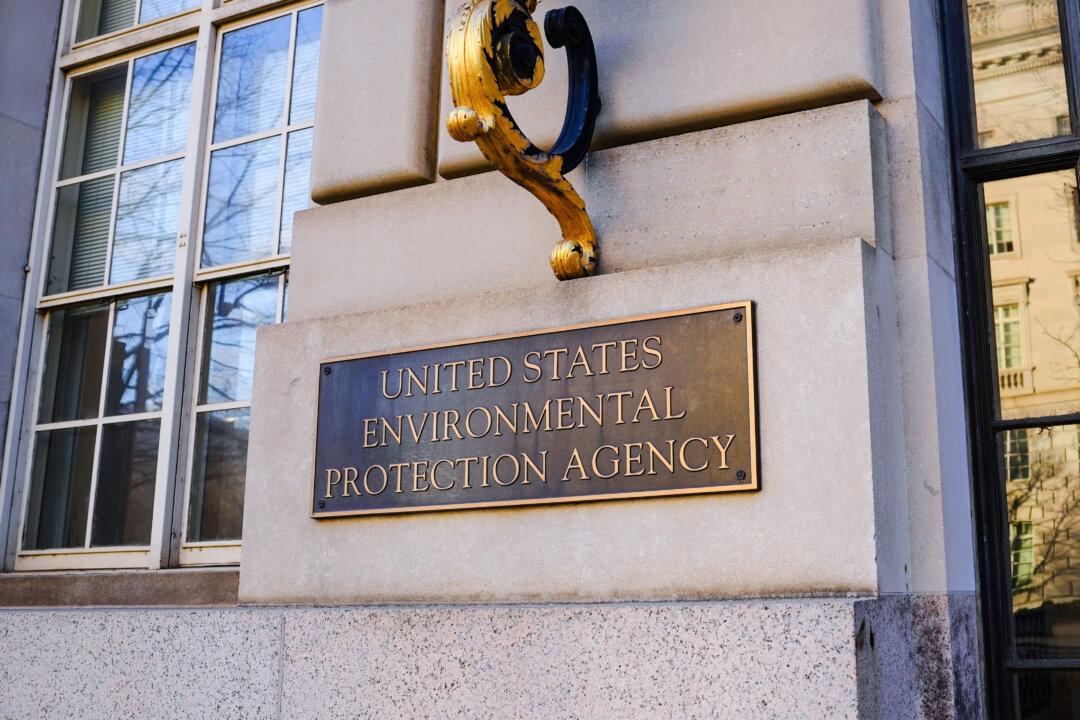The U.S. Environmental Protection Agency’s denials of small refineries seeking exemptions to a renewable fuel program were vacated on Aug. 14 by a federal appeals court, which found that the agency misinterpreted the law that outlines how to handle exemption applications.
The treatment by the EPA of the exemption applications “was contrary to law and arbitrary and capricious,” a unanimous panel of the U.S. Court of Appeals for the District of Columbia Circuit said in its ruling.





